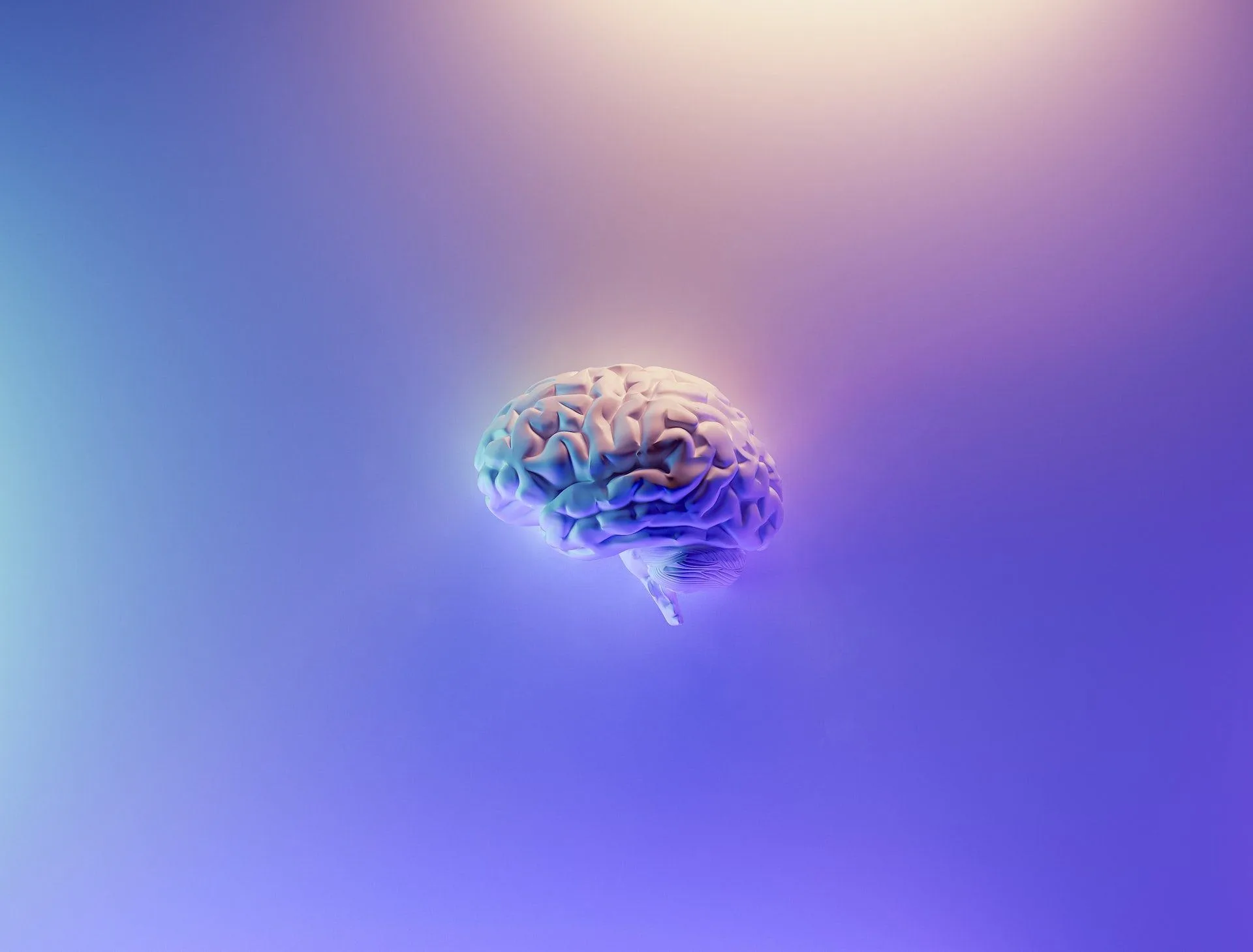If you’ve ever wondered the mystery of why you forget where you’ve put things, or why ice cream makes your head hurt, read on. Scientists around the world have been wondering the same thing and have made some interesting findings on some quirky medical mysteries. By Helen Foster.
MYSTERY#1 Why women’s nipples have bumps
A team at the National Centre for Scientific Research in Dijon, France, has found they are a guidance system for breastfeeding babies. The bumps are glands called areolar glands. Once the baby is born, the glands emit secretions that scientists had assumed were to keep the nipple moist. Now they know that these secretions also emit chemicals that help the baby latch onto the breast.
In fact, according to French research, women with more areolar glands found their milk came in faster and their babies fed more frequently. They now hope to synthesize the odor to help women who have trouble breastfeeding.
MYSTERY #2 How protein foods fill us up
One reason people love protein-filled diets like the Atkins diet is that they rarely feel hungry while following them, but it’s only in the past few months that anyone has discovered why this is the case. It seems how much you can eat, or want to eat, is all related to receptors on the main blood vessels in the gut – if you stimulate these, you can trigger hunger; if you block them, you feel full.
Peptides produced when we digest protein foods simply block those receptors, found a team at the Université de Lyon in France. They’re hoping this paves the way to developing obesity treatments that can do the same thing.
MYSTERY #3 Why ice cream gives you a brain freeze
When ice-cold water hits the roof of someone’s mouth, it triggers the widening of an artery in the brain. This causes pain just behind the eyes. Study author Dr. Jorge Serrador from Harvard Medical School says:
“The brain is fairly sensitive to temperature, so the widening of the blood vessels might be moving warm blood inside tissue to make sure the brain stays warm.”
The good news is that the artery shrinks back as quickly as it dilates, so the pain never lasts very long. The key to avoiding it? Try not to let the cold substance hit the roof of your mouth.
MYSTERY #4 Why you can still hear your friend’s voice clearly at a noisy party
It took a very complicated experiment involving brain scanning to discover a very simple fact regarding this mystery. Each person says words with a slightly different frequency. Our brain recognizes words spoken using that frequency and homes in on it, screening out the other voices around it.
The team at the University of California, San Francisco, is hoping this helps make better voice-recognition systems that pick out one voice in a crowded place – handy for spy technology.
MYSTERY#5 Why you forget what you are supposed to do when you walk into a room
It’s because walking through a doorway erases your memory, found Professor Gabriel Radvansky from the University of Notre Dame in the US.
“This is normally a good thing because it allows you to focus more on what’s going on in your current location,” he says.
In caveman days, when you would have needed to be alert immediately when stepping outside the cave, this was an aid to survival. Now, the forgetfulness that occurs when you leave a room just sees you walking up and down the stairs a lot.
“The simplest tactic to defeat it is to carry out a reminder with you of the task you need to carry out – for example, hold your hands in a bowl shape if that’s what you’re going to collect from the kitchen,” says Radvansky. “If that doesn’t work, then returning to the original location can help remind you of what you wanted to do.”
MYSTERY #6 Why alcohol makes some people black out
Dr. Reagan Wetherill at the University of Pennsylvania has found that in some people, alcohol shuts off the bits of the brain that remember what you are doing – and the impact can start with as few as two glasses of wine. But it doesn’t have the same effect on everyone, so now Wetherill wants to know why.
“It could be that brains are just wired differently or something underlying, like differences in dopamine levels,” she says.
MYSTERY #7 Why men fall asleep after sex
It looks like their biology is to blame, according to new brain science. Using scanning technology, researchers from two French universities investigated the male brain during orgasm and found the whole thinking part of the brain shuts down after they have climaxed. A surge of sleep-inducing chemicals is also released.
Add this to past work that showed male muscles lose their energising glycogen after sex and it’s easy to see why he drops off.

Photo by LeeAnn Cline on Unsplash
MYSTERY #8 Why you can’t find things when you put them in a “safe place”
The answer? Because you don’t look in the right place. Eric Legge, a doctoral student at Canada’s University of Alberta believes the problem lies where we’re hiding the item in the first place. He did provide a few tips that might help you locate the item in the future.
We tend to hide things away from doorways, so begin your search at the back of the room. If you’re hiding more than one thing, you’ll spread them out. People tend to look for things in dark places in a room – but they are just as likely to hide things somewhere in light.
Finally, most people don’t hide things anywhere that can be seen from the window, so don’t waste time there. Happy hunting now.
MYSTERY #9 Why spinach makes us strong
Yes, Popeye’s favorite food really does build muscles. Researchers at Sweden’s Karolinska Institute have discovered that nitrates, found in high quantities in both spinach and beetroot, increase levels of proteins that significantly boost muscle strength. According to study author Dr. Andrés Hernández:
“The amount of nitrate that affected muscle strength was relatively low.”
Just 200-300g of spinach, or two to three beetroots a day, would give humans the same results as they observed in mice in their trials.
MYSTERY #10 Why sunburn makes our skin go red
We all know it does, but only recently have doctors at the University of California, San Diego, determined how it happens. As UV rays hit the skin, they trigger the release of a substance in our cells called micro-RNA. This then triggers neighboring cells to set off inflammation, which makes our skin sore and red. Why does it do it? The researchers think it’s an attempt by our skin to clear out cells damaged by UV rays before they can do harm.
It’s still far better avoided though – remember to slip, slop and slap!
If you like reading stories like these, then don’t miss this one on how to have the perfect heart attack.




![women [longevity live]](https://longevitylive.com/wp-content/uploads/2020/01/photo-of-women-walking-down-the-street-1116984-100x100.jpg)










